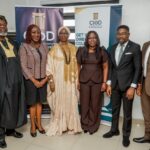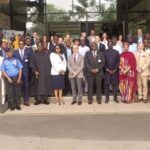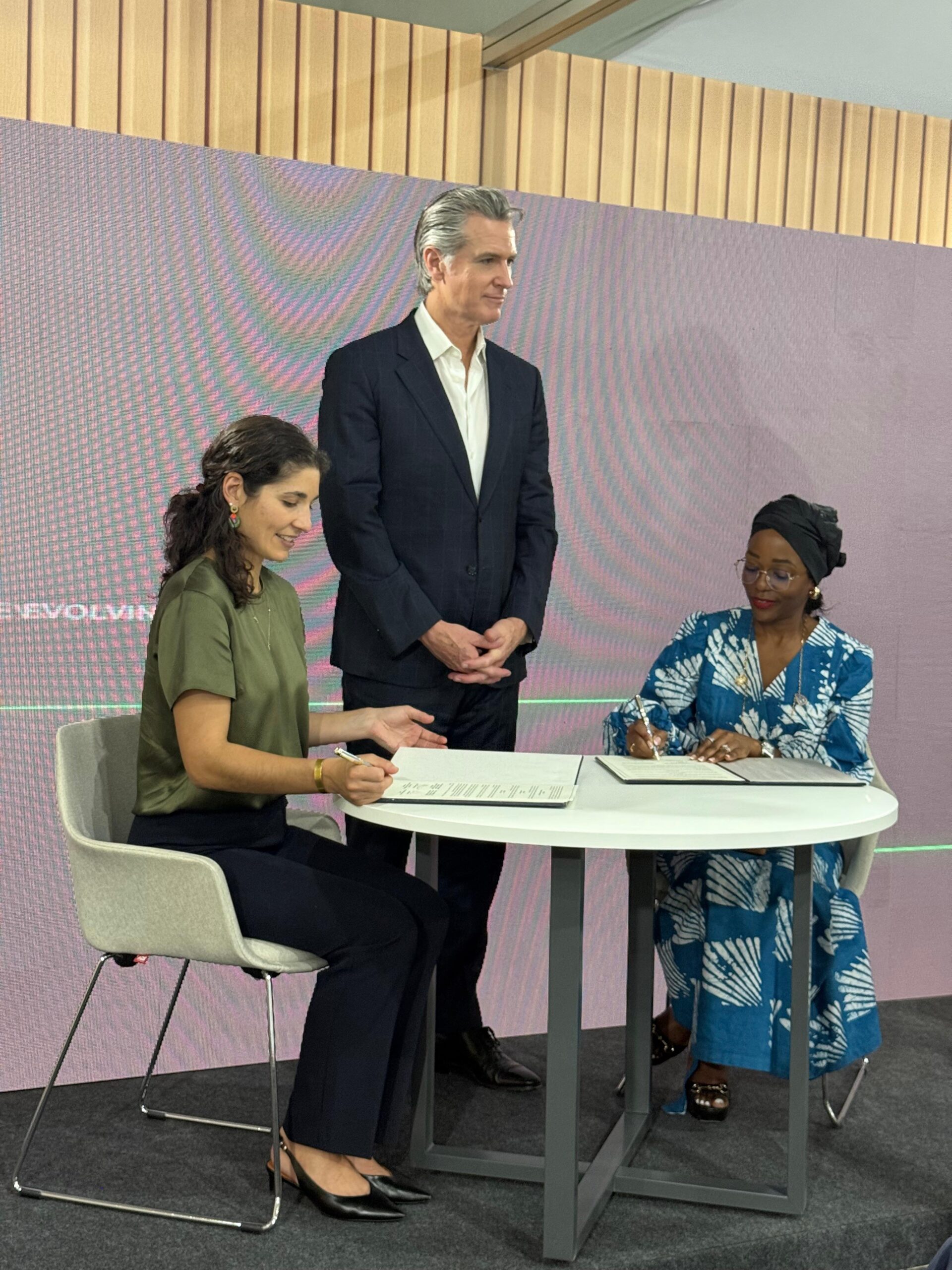By Gabriel Agbeja
The Federal Republic of Nigeria and the State of California of the United States of America on Wednesday signed a Memorandum of Understand (MoU) to strengthen their cooperation on climate, environment and trade.
Mrs Tenioye Majekodunmi, the Director-General, National Council on Climate Change Commission (NCCC), said this during the signing on the sidelines of 30th United Nations Climate Change Conference of the Parties in Belém, Brazil.
Majekodunmi said that the partnership would immensely reinforce the parties.
According to her, the parties had desired to enhance actions and policies to further strengthen and coordinate efforts to combat climate change, protect the environment, and strengthen trade relations.
“Nigeria is scaling up its technology, clean energy, creative industry and agricultural economic sectors, which complement California’s key economic sectors.
“Nigeria has committed to being a country of net-zero emissions across all sectors of its development and climate-resilient with high-growth circular economy in a gender-responsive manner by 2060.
“By 2050 Nigeria’s population will grow from 240million people to 400million people, and this demographic growth represents a vast workforce and consumer base to drive economic growth,” she said.
According to her, the purpose of the MoU is to establish a flexible framework, to collaborate on protecting the environment, combating climate change, and strengthening economic ties.
In his remarks, the Governor, State of California, Mr Gavin Newsom, said the MoU would strengthen the parties to promote the protection of the natural, built environment and reduce air pollution and carbon emissions.
According to him, the common objectives of the MoU include advancing medium- and long-term low-carbon development and national climate plans; promoting policy research, development and innovation for sustainable transportation and clean energy goals.
“It is also aimed at promoting mutually beneficial trade relations and opportunities for private sector collaborations, as well as public-private partnerships within the targeted areas of cooperation outlined below.
“It focuses on advancing policy research, development, and innovation in sustainable land use and urban planning that reduces long commutes and urban sprawl, while promoting integrated land use and transportation systems,” he said. (NAN)(www.nannews.ng)
Edited by Deji Abdulwahab












